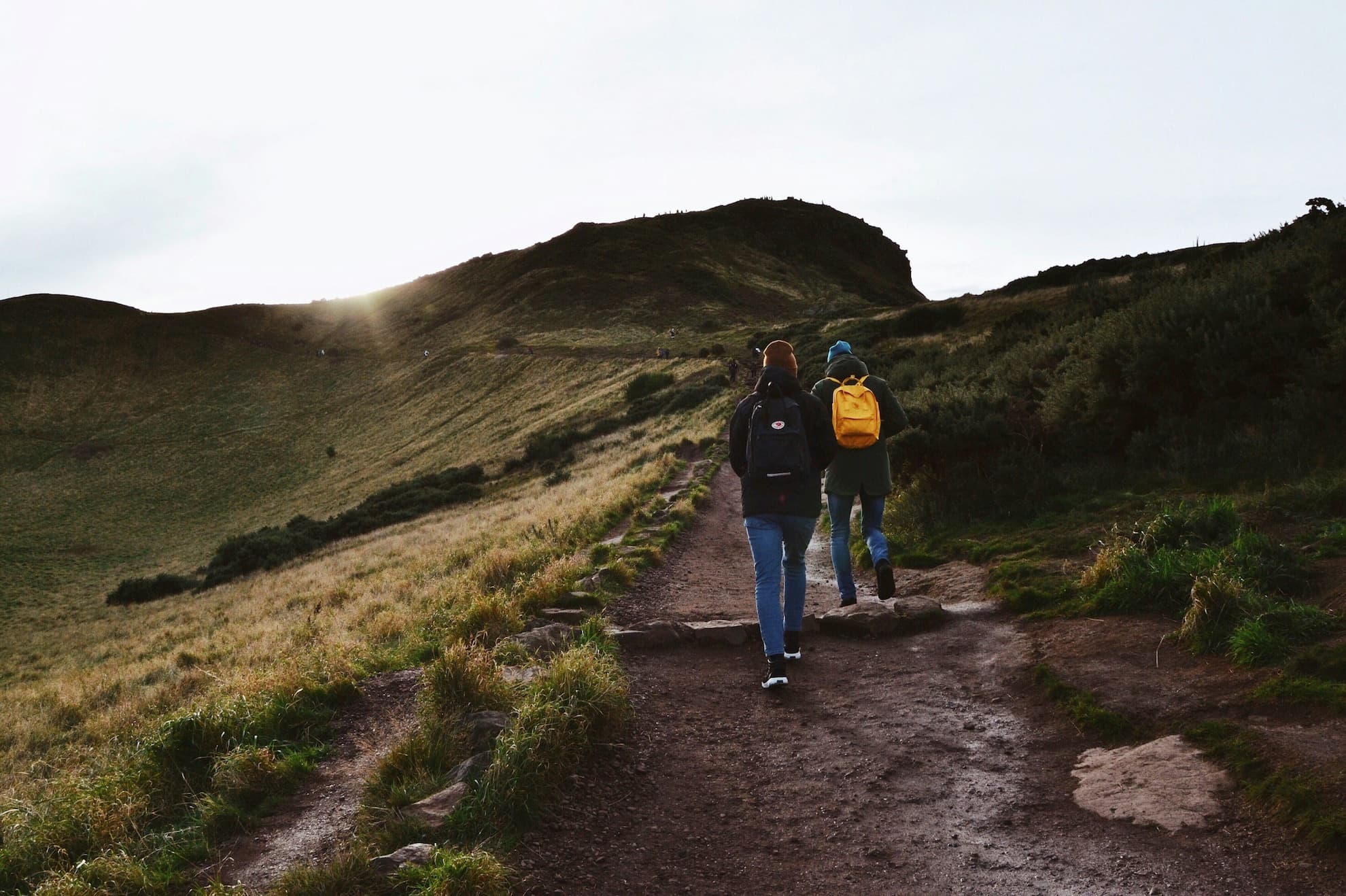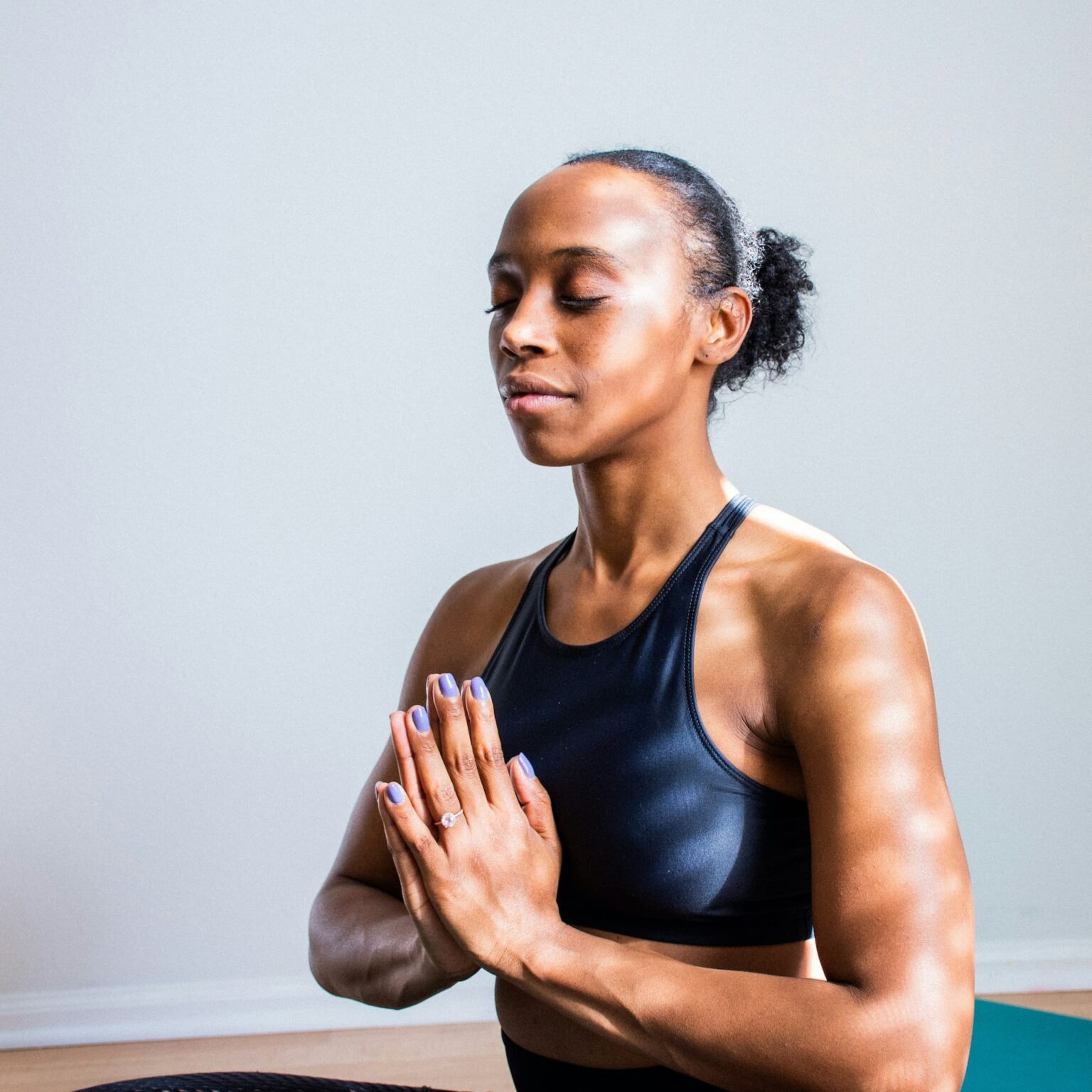Yesterday, I found myself in an unsettling situation—a reminder of how crucial it is to take care of ourselves, even when our focus is on helping others. After years of working through my own unhealthy habits, I often feel pulled to support those still struggling. It’s something I’ve found both meaningful and rewarding, but this time was different.
I received a call from someone in need, and since I was close by, I agreed to stop in. I’ve done this before, and usually, it feels like an opportunity to connect and offer some light in a dark moment. But this visit quickly turned intense when I found myself face-to-face with substances I hadn’t seen in years—the very chemicals that once gripped me. I felt a physical wave of nausea, so strong I almost lost it right there.
Staring down these old demons was more than just unsettling; it was terrifying. My mind spiraled: Could this moment pull me back? Could I risk undoing the positive momentum I’ve been nurturing? I also worried about the unpredictability of the situation—what if things escalated? I felt an urgent need to take care of myself, and I knew I had to get out of there as quickly as possible.
This experience was a powerful reminder that even when we’re focused on helping others, we must keep our own well-being at the forefront. It’s not just about being there for someone else; it’s also about making sure we’re safe and grounded enough to do so. This moment inspired me to think about our coaching roles and how we can approach this work with our own safety in mind.
Creating Safety Guidelines for In-Person Coaching:
Helping others often brings us into unpredictable situations, and that’s why setting personal boundaries is essential. Here are some suggested points for a safety checklist that can help us assess before engaging in in-person visits:
- Assess Your Readiness: Are you mentally and emotionally prepared for this visit? It’s okay to step back if you’re feeling off-balance.
- Evaluate the Environment: Is the location safe? Are there potential triggers or risks that could affect your well-being?
- Consider Bringing Someone Along: Sometimes having a trusted person with you can provide added support and reassurance.
- Have an Exit Plan: Think about how you’ll leave if the situation becomes unsafe or overwhelming. Your safety should always come first.
These are just suggestions—a starting point for us all to consider and refine. The goal is to help each other stay mindful of our own needs while extending support to others.
Finding Balance While Helping Others:
If you’re someone who feels called to help pull others out of addiction’s grip, remember: it’s okay to prioritize your own safety and well-being. Knowing when to engage and when to step back is not just wise—it’s essential. Our past experiences give us unique insight, but they also remind us to protect the positive momentum we’ve cultivated.
Let’s stay anchored, supporting ourselves first so we can be there fully for those who need us. Only when we take care of our own well-being can we truly be effective in guiding others back to solid ground.




